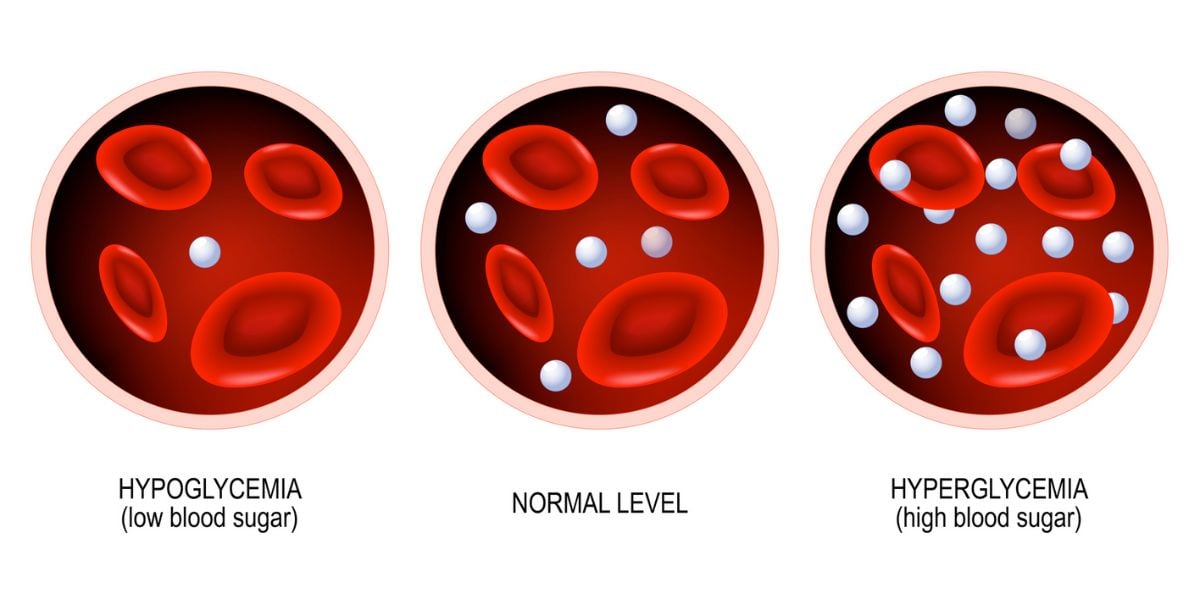In the UK, the National Health Service (NHS) does not permit people with type 2 diabetes who are not treated with insulin access to diabetes test strips on prescription unless doctors state a legitimate reason or benefit for a particular patient.
The reasons for this approach may be due to the cost to the NHS of providing test strips and the fact that there are no available resources to offer education on blood glucose testing to individuals with type 2 diabetes
However, there is now a bank of evidence that structured Self-Monitoring of Blood Glucose (SMBG) can have positive effects on people with non-insulin dependent type 2 diabetes, including helping them to better understand their condition, reduce their HbA1c levels, and improve their diabetes control.
Support is vital
Blood glucose meters are available to buy from pharmacies both online and on the high street. But research suggests that SMBG is only of significant benefit to a person’s diabetes management or overall health if they are supported with guidance on how to test, when to test and what to do with their results.
Research has concluded that should an individual test under the right circumstances with support and expert guidance, they can significantly improve their health.
How and when to test?
In order to get the maximum benefit of testing blood glucose, studies have shown that it needs to be done in a structured, systematic way, one which provides information which can be useful in monitoring a person’s diabetes and also in providing specific feedback.
SMBG should not be conducted at random or too frequently – tests require fingers to be pricked to draw some blood and lots of tests within a short space of time cannot only make fingers quite sore but the information could be overwhelming so health benefits may be missed.
If you have type 2 diabetes and are interested in structured testing of blood glucose, make sure you consult your GP first.
Support and guidance from your doctor and diabetes care team will be needed in order to discover the true health potential of blood glucose testing.
For example, results and information from your structured testing could be used to help them make better and more informed decisions for your personal diabetes care plan.
Is SMBG worth it?
According to the research – yes it is! In 2009, the peer-reviewed medical journal Diabetes Care reported that structured blood glucose testing can help individuals with type 2 diabetes:
- Improve control of their blood glucose levels
- See what effect different foods and drinks have on glucose levels, thus allowing them to make informed diet and lifestyle choices
- Reduce HbA1c and the subsequent chances of developing diabetes-related complications, such as heart disease and stroke, retinopathy, neuropathy, and symptoms of depression.
Studies have shown that a 1% improvement in HbA1c in people with type 1 or type 2 diabetes slashes their risk of:
- Cataracts by 16%
- Heart failure by 19%
- Diabetic nephropathy (kidney disease), retinopathy (eye disease), and neuropathy (nerve damage) by 25%.
By empowering individuals with type 2 diabetes to achieve better blood glucose control through structured testing, evidence has also shown that individuals will experience a significant improvement in their overall quality of life.
Would it save the NHS money?
Official health figures show that type 2 diabetes costs the NHS over £11.8 billion, with over £8 billion going towards inpatient care.
By testing blood glucose levels and subsequently lowering HbA1c, diabetes specialists and health experts believe the huge cost to the NHS could be significantly reduced.



